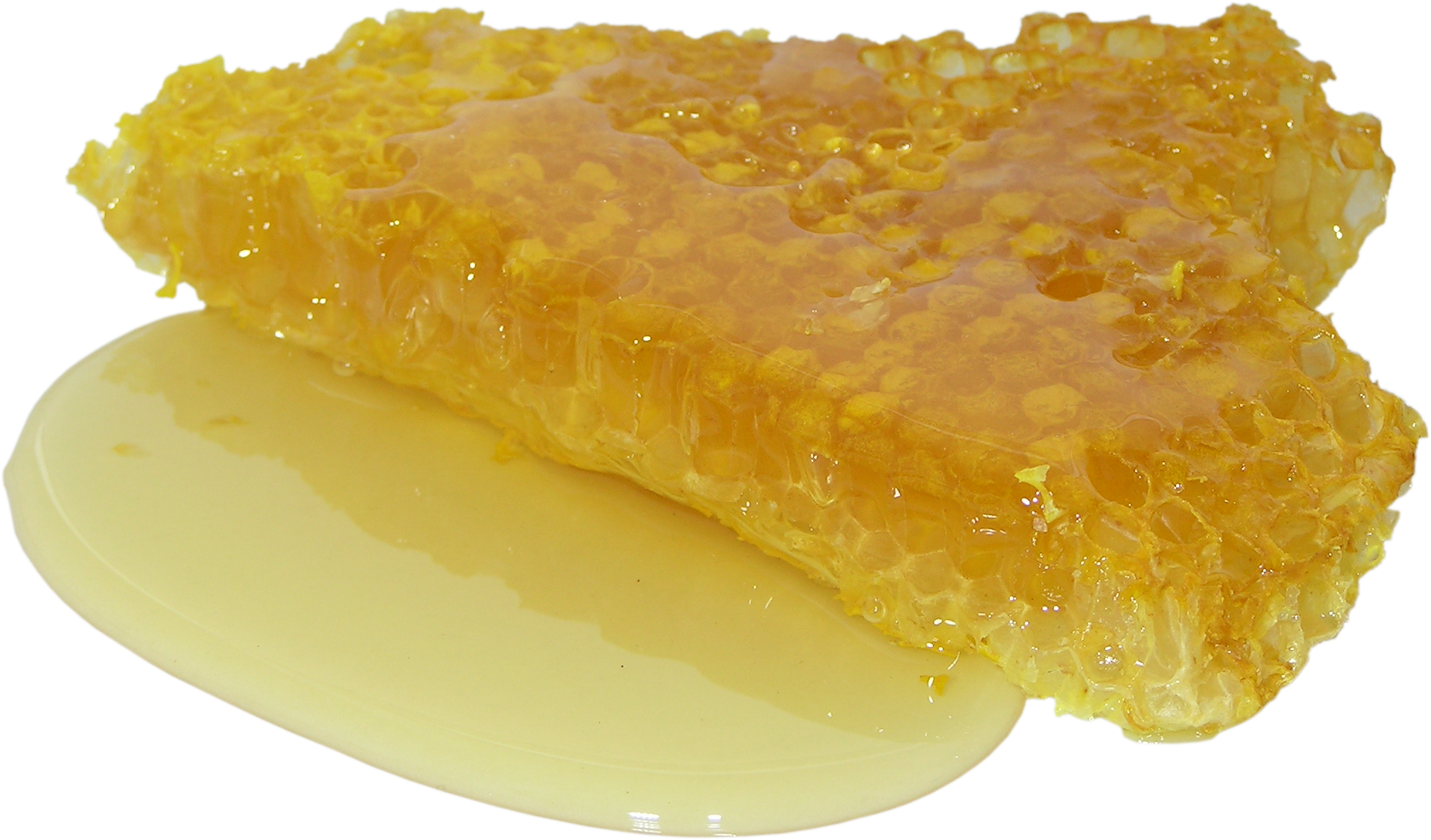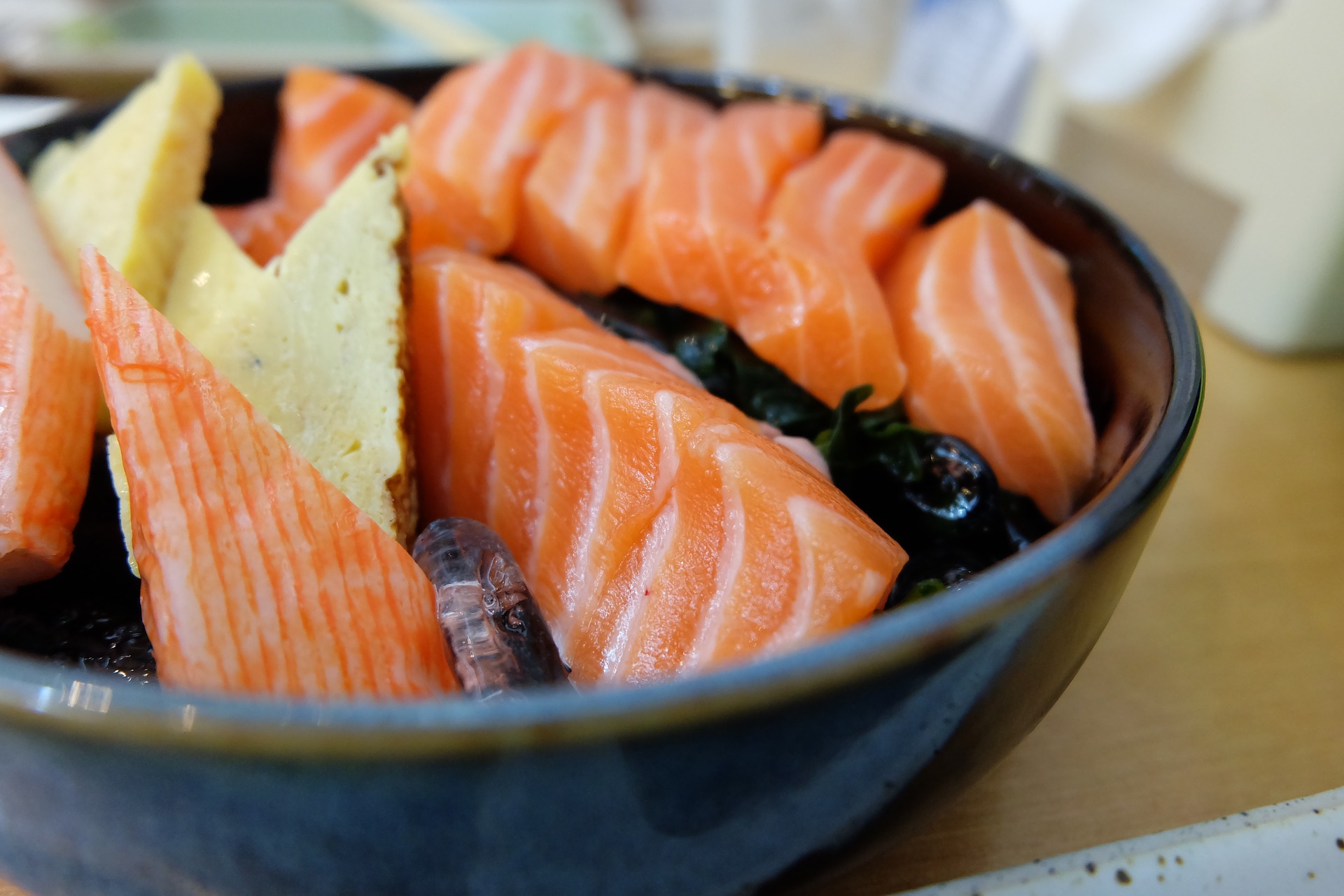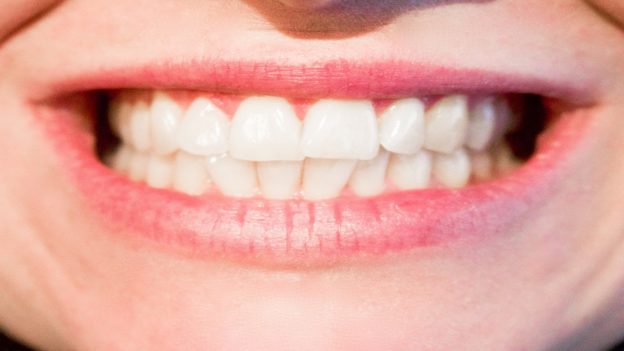Manuka Honey and More | The Best Foods for Dental Health
Poor dental health has become a serious problem among the United States population. Cavities, gingivitis, receding gums, and tooth decay has become widely accepted among the general population. These conditions were once considered abnormal; however, they are now widely accepted as normal and part of the aging process.
This is completely false and could not be further from the truth. In fact, Weston Price, a dentist who studied various Native Americans around the world proved that diet was the determining factor in teeth health. He saw that Natives, who practiced a traditional way of life and incorporated traditional foods into their diet, always displayed perfect teeth with no decay. However, tribes who incorporated more industrialized foods from the west into their diet showed signs of cavities and tooth degeneration (1).
It’s well known that various fat soluble vitamins such as vitamin K2 and vitamin D play an extremely important role in bone health, teeth health, and help prevent osteoporosis (2).
With that being said, both vitamin D and Vitamin K2 are only found in select animal foods and are highly concentrated in animal organs such as liver, heart, and kidneys. Those following a standard American Diet (SAD) are most likely deficient in these key vitamins, as well as other vitamins and minerals needed for good health.
Proper Diet for Dental Health
We have written before about how proper diet can help prevent tooth decay. If you haven’t read our previous post on this subject, go read it now.
However, for those who want the quick version, all processed foods, grains, and sugars need to be removed from the diet. All grains contain anti-nutrients such as phytic acid which causes intestinal inflammation and binds to key minerals in the gut (3).

Constant intake of processed grains can actually lead to mineral deficiencies and poor absorption of nutrients due to high levels of inflammation in the gut. This all can lead to poor bone health and tooth decay.
Instead, diet should be centered on whole foods, and an emphasis should be put on highly quality animal foods due to their fat soluble vitamin content.
The Best foods For Dental Health
As well as following a proper diet, various superfoods can be incorporated in order to further protect the body from developing poor dental health. These superfoods have been used for centuries and have been proven to be safe and effective.
Below are the top 5 foods for good dental health
Raw Manuka Honey for Dental Health
Raw Manuka honey is one of the best foods for good dental health. In fact, no other honey in the world can compare to Manuka honey. It’s for this reason that many health consciousness individuals only use this particular brand of honey. Not to mention there have been thousands upon thousands of studies that has been conducted on Manuka honey, all of which confirm its amazing healing properties.
Research has shown that raw Manuka honey helps combat gingivitis and plaque build and was shown to reduce 48% of the bleeding sites in those suffering from this infectious mouth disease (4).

This is because Manuka honey contains high levels of antimicrobial properties, much more than found in your typically store bough honey, and is able to fight of infectious bacteria and viruses within the body.
Taking a few teaspoons each day of raw Manuka honey can do wonders for the teeth and can also combat pathogenic yeasts in the gut such as candida (5). It also contains high amounts of vitamins, minerals, enzymes, and amino acids which can all help improve both dental health, as well as overall health.
Cod Liver Oil
As mentioned before, the fat soluble vitamins D and K2 are extremely important for both bone and teeth health. Extra virgin cod liver oil contains an abundance of both vitamin D and vitamin K2 in a highly absorbable form.
For centuries this oil has been used for various health aliments and has been used extensively through the ages in order to promote regeneration and longevity. It’s by far one of the most nutrient dense foods on the entire planet.
Research indicates that low levels of vitamin D in the body are often associated with poor dental health and an increased risk of developing cavities (6). Boosting vitamin D levels naturally through the use of cod liver oil is one of the quickest ways to improve the overall health of the teeth.
Furthermore, the K2 found in cod liver oil helps displace calcium more effectively into the bones and teeth (7). This results in stronger bones, as well as stronger teeth.
Only a small dosage each day is needed to achieve the health benefits of extra virgin cod liver oil. However, it’s imperative that you find a reputable supplier who can guarantee the freshness of the oil.
Activated Charcoal
Activated charcoal can be made into an extremely healthy toothpaste that whiteness the teeth better than most commercial toothpastes. It is also completely free of fluoride. In fact, simply brushing your teeth with activated charcoal dramatically increases the overall whiteness and leaves the teeth and mouth feeling fresh.

Activated charcoal helps correct the pH in the mouth and fights against unwanted bacteria that may be residing on the teeth and gums. Simply brushing the same way as you would with toothpaste is the best way to use activated charcoal. You will be shocked how fresh and clean charcoal makes your mouth after just one use!
Grass-Fed Beef
Grass-fed beef is an excellent option for maintaining and correcting poor dental health. Beef is one of the highest sources of bio-available zinc on the planet. Research shows that zinc plays an integral role in keeping the immune system healthy so that it can fight against various bacteria and viruses within the body (8).
When zinc levels are adequate in the body, the immune system is able to successfully fight off any bacteria that may alter the health of teeth in a negative way. Beef is also an excellent source of amino acids that are required in order for the body to regenerate.
Research published in Scientific Reports found that the amino acid L-Arginine, which is plentiful in grass fed beef, promotes positive changes in oral microbiota and protects against dental caries (9).
Consuming 2-3 servings of grass-fed beef a week can be an excellent strategy for improving dental health. However, we do not recommend beef that is non-organic and grain fed since they have been proven to be nutritionally inferior to grass fed beef (10).
Wild Caught Fatty Fish
Fatty fish such as mackerel and salmon are excellent for obtaining essential omega 3s and the fat soluble vitamin D. As mentioned before, vitamin D plays a crucial role in bone health and protecting against degenerative disease (11).
It also contains the omega 3’s DHA and EPA that are required by the body for several different biological processes. Research published in Journal of the American Dietetic Association found that patients with higher dietary intake of DHA displayed lower incidences of periodontitis (12).

As a result, eating a few servings of wild caught fatty fish each week could lower the risk of developing serious gum infections.
1. Price WA. Nutrition and physical degeneration: a comparision of primitive and modern diets and their effects. Oxford: Benediction Classics; 2010.

